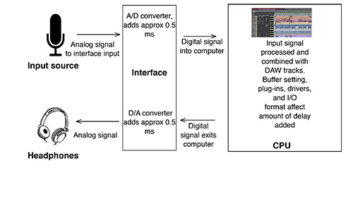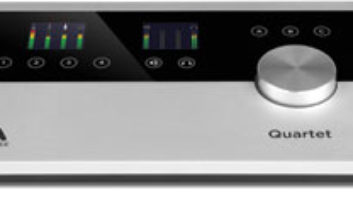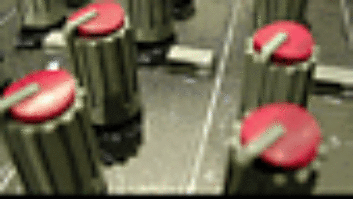So you’ve determined your speaker needs, done your research, and you’re ready to do some listening with some of your favorite reference material. What’s the best way to audition monitors? The following timeless tips are excerpted from “Choosing Studio Monitors” by George Petersen, from Mix, February 1995.
Tips for the monitor audition process:
- Don’t try to compare more than two pairs of monitors at once. A simple A/B test is hard enough to handle, without having to attempt an A/B/C/D…test.
- Don’t fall into the “louder is better” trap if you are switching between two speakers with different efficiencies. If necessary, adjust the gain or amp levels so that the speakers you’re comparing play at similar volumes when you switch.
- When listening to unpowered speakers, make sure that both sets of monitors are driven by the same (or same model of) amplifier. Power amps can have a noticeable difference on a speaker’s sound, and you need to eliminate any unnecessary variables when making comparisons.
- Be aware that your hearing can become fatigued over time, especially if you’re listening at a high volume If you’re having trouble focusing on what you’re doing, it may be a hint that you need a break.
- Make sure that your listening tests include playing material at low and height volumes. A good monitor will sound consistent at all levels.
- With studio monitors, the listening environment is EVERYTHING. Listening to near-field speakers across the room is absolutely wrong. If you’re looking for speakers that are meant to be heard from one meter away, then you should listen to them in the near-field, and preferably seated, with the speakers at ear level. This will remove most of the acoustic effects of the room so you can focus on hearing the speakers.
- Most importantly, take your time. Don’t rush the evaluation. You shouldn’t feel pressured to make a quick decision. Auditioning studio monitors is an important process, one that requires a little time and advance preparation. But this small investment really pays off when you find the monitor that’s right for you. —George Petersen




